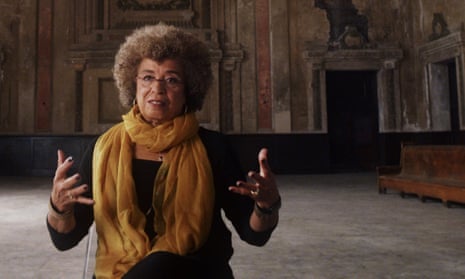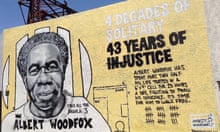There is something bracing, even exciting, about the intellectual rigour that Ava DuVernay brings to this documentary about the prison system and the economic forces behind racism in America. The film takes its title from the 13th amendment, which outlawed slavery but left a significant loophole. This clause, which allowed that involuntary servitude could be used as a punishment for crime, was exploited immediately in the aftermath of the civil war and, DuVernay argues, continues to be abused to this day.
There is an understandable anger to this film-making, but DuVernay, who is best known as the director of Selma, but cut her teeth as a documentarian, never allows it to cloud the clarity of her message. It’s an approach that reminded me of the fierce intelligence of Charles Ferguson’s No End in Sight and Inside Job. Leaning on eloquent talking-head interviews and well-sourced archive material, she draws a defined through-line from the abolition of slavery, through the chain gang labour that replaced it, through segregation and “the mythology of black criminality”, to the war on crime and the war on drugs to the rise in mass incarceration and the big business of prisons. The words are so piercing and acute that we hardly need the stirring score that swirls in the background. The ever-present music is the one poorly judged element of the film. It clutters up a picture that is already densely packed with ideas and information.
More effective is the use of text: salient facts and figures are branded across the frame, searing them into our memory. And there is some memorable information imparted. That the US has less than 5% of the world’s population and almost 25% of the world’s prisoners is something that shouldn’t be forgotten.








Comments (…)
Sign in or create your Guardian account to join the discussion